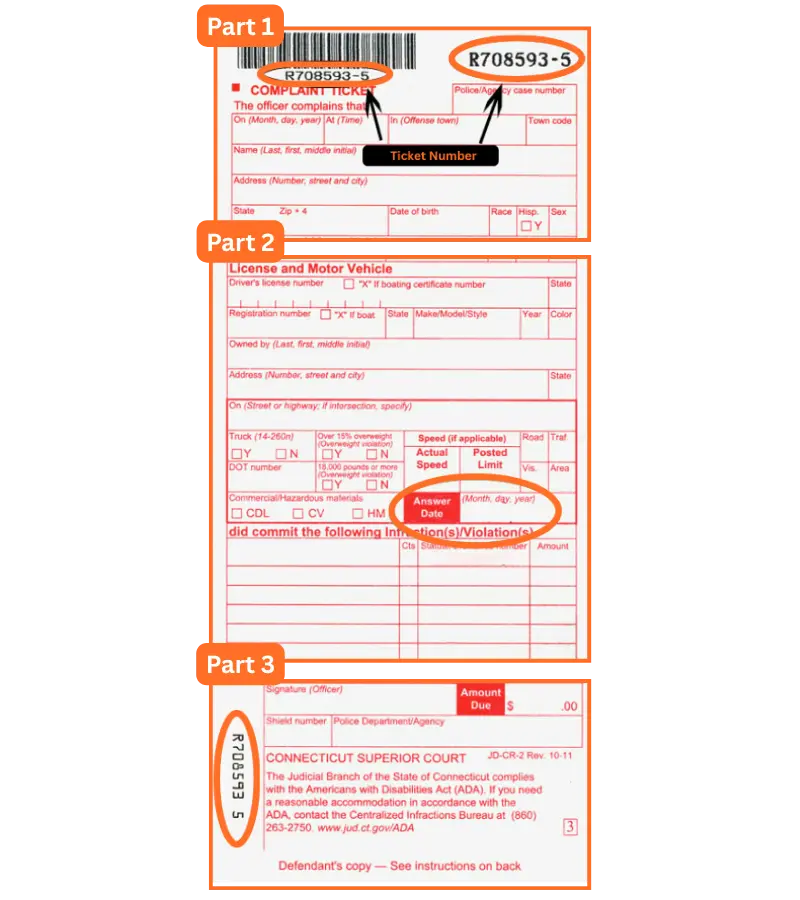Speeding is one of the most common violations in Connecticut. Fines usually start around $150 and increase with speed. Points are also added to your license, which can raise insurance premiums.
Connecticut law bans handheld phone use while driving. A first offense can cost over $150, with repeat violations leading to higher fines and points on your license.
This goes beyond speeding — it covers unsafe or aggressive behavior on the road. In Connecticut, reckless driving is a misdemeanor and can result in license suspension, heavy fines, and even jail time.
Failing to stop at a red light or stop sign in Connecticut carries a fine of around $150–$200 and adds a point to your license, which can also increase insurance rates.
Not yielding the right-of-way to other vehicles, cyclists, or pedestrians can result in fines and points. This violation is common in Connecticut’s busy intersections.
Connecticut requires every driver to carry valid insurance. Driving without it can mean fines of $100–$1,000, registration suspension, and even loss of your driver’s license.
To say it simply – we are your best chance at winning. Our pro lawyers have years of experience in courts, successfully slamming thousands of tickets.
We let you know if there’s a win in sight or if your ticket’s a lost cause. You can enjoy not being taken for a ride, just simple straight talk.
Submit your ticket and step back. We offer a valet-like service, taking on the mental load of your ticket, so you don’t have to.
Forget automated responses; at Flickit, you’re guaranteed support from real, empathetic humans – every step of the way. Message us and expect a call-back!
Leave the courtrooms to TV shows. Flickit handles all the real-life legal stuff, because who has time or patience for all that drama?
By keeping your license points down, you’ll avoid your insurance premiums from rising. That’s a lot of money at stake down the line.
